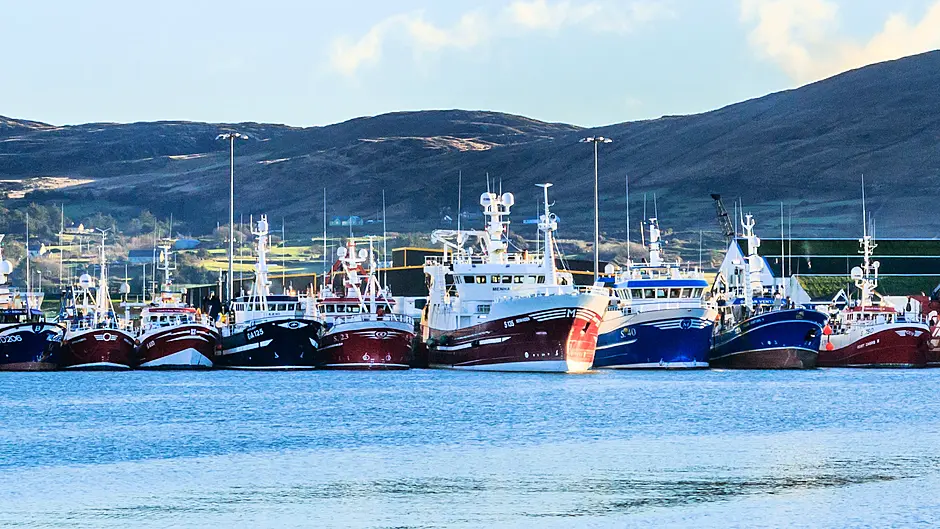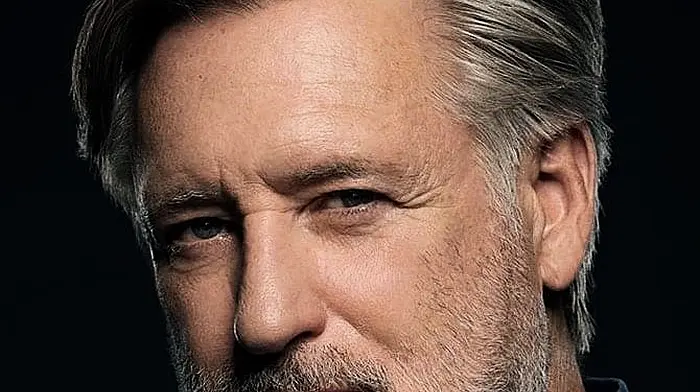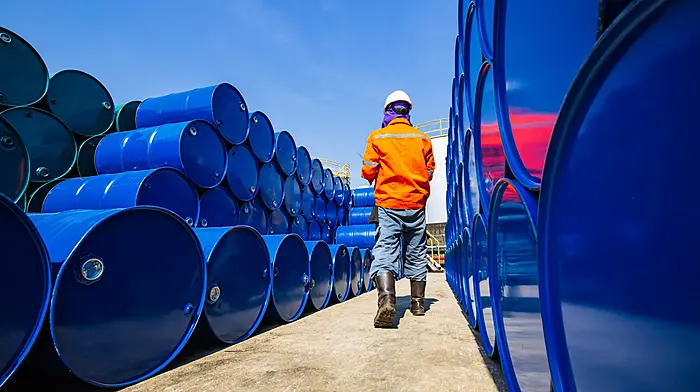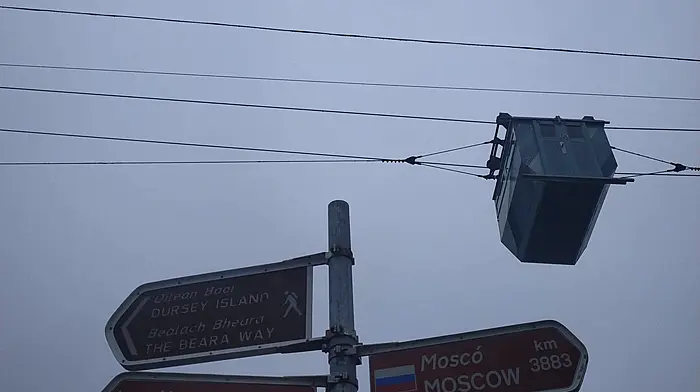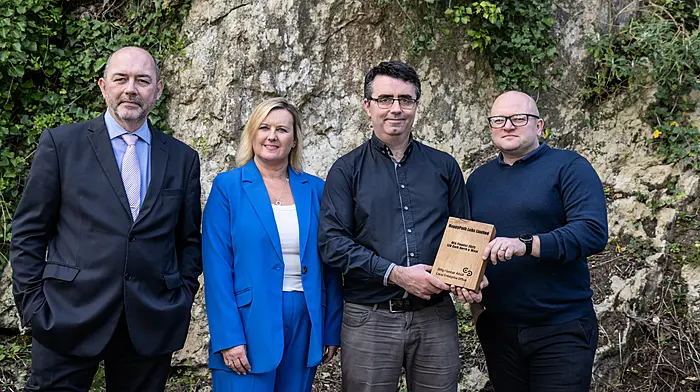THE Irish South & West Fish Producers’ Organisation (IS&WFPO) based in Castletownbere has given a reluctant welcome to the fleet tie-up scheme announced by the Minister for Agriculture last week.
The organisation said this week that the Brexit Trade and Co-operation Agreement (TCA) led to our Irish government surrendering 15–20% of the fish our fishermen and women are allowed catch, and that sustain family-owned fishing businesses all along our coast.
‘While the voluntary fishing boat tie-up scheme just announced by Minister McConalogue scheme is not what our fishing fleet wants, it most certainly badly needs it,’ said the organisation’s chief executive Patrick Murphy.
He added: ‘IS&WFPO-led lobbying of our government led to the minister setting up a task force in 2021 to investigate and discover ways of spending the € 1.2bn Ireland was given from the €5bn fund the EU Commission sanctioned.’
This money was given to mitigate the damage flowing from the agreement ‘but these are monies we characterise as “guilt” money,’ he added.
‘The task force in which we partook delivered its report last October and recommended 16 support schemes at a total estimated cost of €423m,’ Mr Murphy said, ‘one of which was to enable a reduction in quota uptake, so as to improve quota availability for the fleet overall throughout the remainder of the year.’
He said that while asking a boat to stop fishing and paying them to do so might seem unusual to the public, this is a measure that asks boats to stop earning a living from catching fish so those continuing to fish have a little more fish to make it financially viable to do so. ‘The TCA means we no longer have enough fish to make it pay,’ he said. ‘Irish Waters cover an area of 437,500 km2 and while 530,000 tonnes of fish are caught in these waters annually, Ireland is permitted to catch only two in every 10 of the fish caught in our waters.’
He continued that, of the total of 529,704 tonnes of fish quota species caught in our waters, only 105,455 tonnes – or approx 20% – are caught by Irish and overwhelmingly family-owned boats. ‘In contrast, the total of non-quota fish caught in our waters is 28,457 tonnes, of which Irish boats catch 22,978 tonnes representing an 81% share.’
Last week Minister McConalogue said that in light of the quota cuts taking effect in 2022, he had modified the scheme so that vessel owners can, if they wish, choose to tie-up for up to two calendar months.
‘This enhanced tie up opportunity will free up additional quota for those vessels continuing to fish, supporting viability in the wider fleet,’ the minister added.
Vessel owners participating in the 2022 scheme will be required to distribute one third of any payment to crew.
‘In order to maintain the supply of fish to processors and fish mongers, vessels choosing to tie-up for two months must maintain a two-month gap between tie-up months,’ he concluded.
The scheme will initially be expected to operate over the period June to October, but the minister will be asking the European Commission to amend the approval of the scheme to encompass November so as to provide for an additional August/November tie-up option.
Payment rates will be the same as the 2021 scheme.
Details are published on the Bord Iascaigh Mhara website

